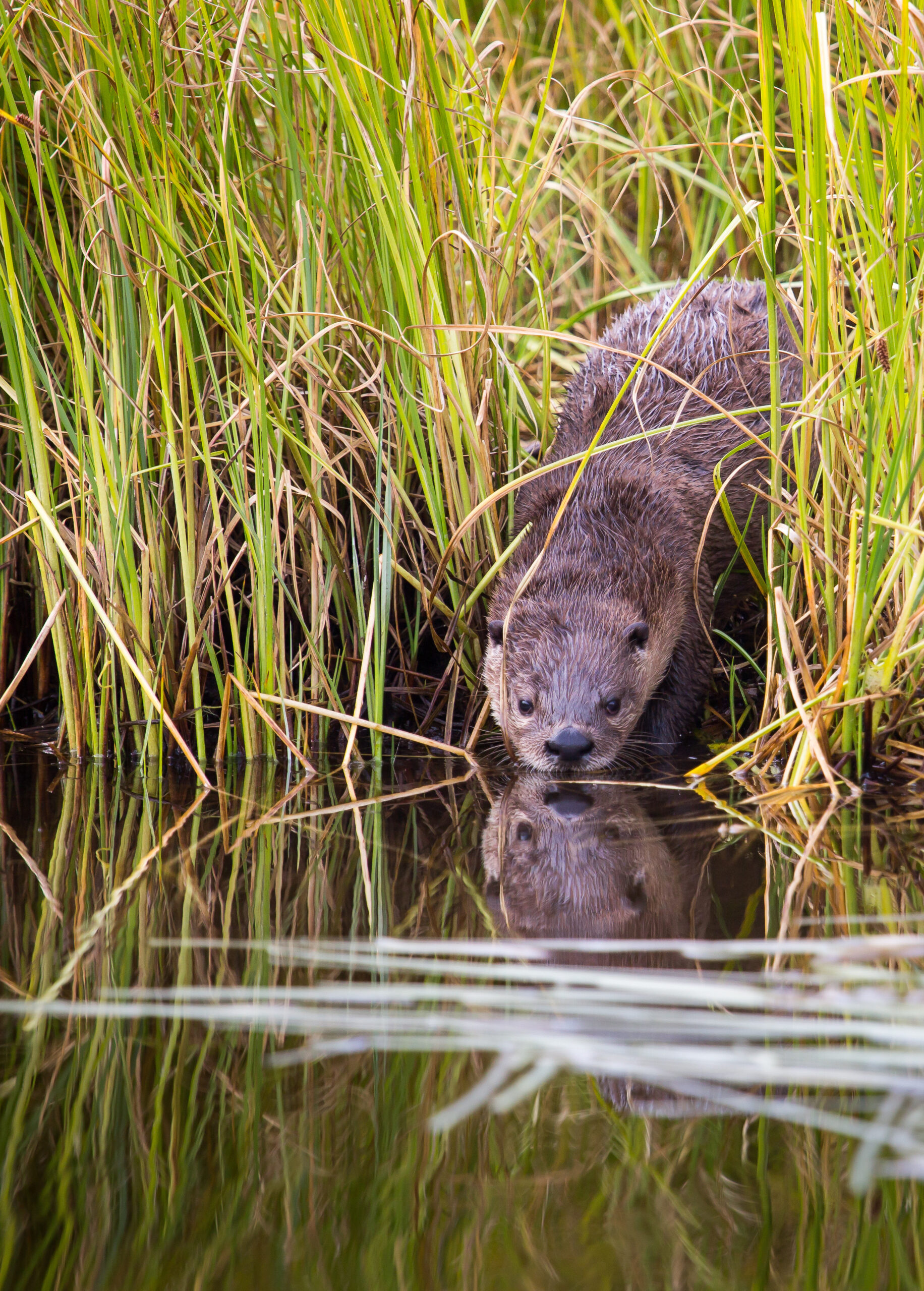
The National Environmental Policy Act has long been recognized as the cornerstone for evaluating the impact of major federal projects on wildlife, the environment, and communities. This vital law ensures that less harmful alternatives are considered, and that the public has a voice in decisions that can significantly affect their lives and livelihoods. However, in 2020, key protections under this act were significantly weakened, allowing federal agencies to disregard climate impacts, undermine scientific findings, and limit public participation in important federal decisions concerning public health, safety, and wildlife.
Fortunately, recent changes have seen the restoration and strengthening of provisions that require federal agencies to take climate change and community concerns into account when evaluating new projects. This includes the recognition of Tribal Nations as sovereign entities, necessitating government-to-government consultations and adherence to principles of free, prior, and informed consent. These enhancements to the National Environmental Policy Act ensure that thorough assessments of impacts are conducted and that communities have a meaningful say in the decision-making process.
River otters, in particular, are highly susceptible to water pollution and habitat disturbances. These charismatic animals rely on healthy aquatic ecosystems for their survival and well-being. Failing to consider water, land, and climate protections in federal project planning could jeopardize the welfare of river otters and nearby communities.
The reinstatement and strengthening of provisions in the National Environmental Policy Act are crucial steps towards protecting wildlife and communities. By ensuring that environmental impacts are fully evaluated and giving a voice to those affected by federal projects, these changes will lead to healthier and safer communities. The collective efforts of wildlife advocates who advocated for these changes are commendable and will contribute to the resilience of our cherished wildlife in the face of ongoing climate challenges.


